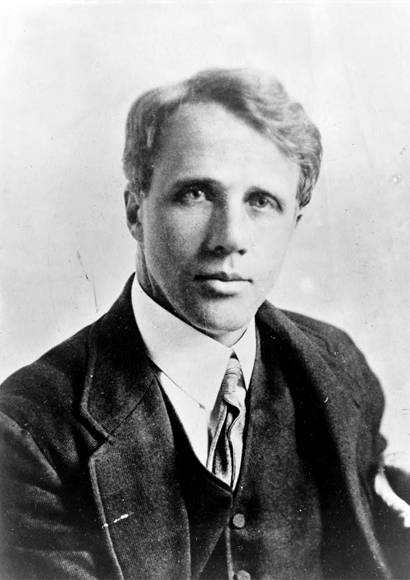Originally published in the Times Argus/Rutland Herald Weekend Magazine, February 25, 2023 for the “Remember When” column with the title, The Right to Read and Savor.
This article was written in response to a plan to remove the majority of books from Vermont State College’s libraries. This terrible idea was — thankfully — eventually abandoned.
“A library is the nucleus of an educational facility… a college can only be as good as its library.” — Castleton State College Long Range Objectives Report, 1976
Students studying at Castleton State College’s Calvin Coolidge library in 1958
Last week I drove over to Castleton to my alma mater. I walked through campus, stepping over the plaques embedded in the path, each engraved with a name of the school, from Rutland County Grammar School in 1787 to today’s Castleton University. Even thirty years after I graduated, this still feels like home. Pushing open the door into the Calvin Coolidge library, I was filled with the same mixed sense of calm, comfort, and excitement as I had as a student. Surrounded by the intangible presence of knowledge, I spent many hours here studying, researching, browsing—learning who I was and wanted to be.
Michele, one of the incredibly helpful and knowledgeable Castleton librarians, showed me into the Vermont Room where the information I needed for this column is stored in file boxes, on shelves, and safely behind glass (including a green bound copy of my own History Honors thesis). There I sat for a few hours—and wanted to stay for many more—carefully leafing through the ephemera, much of which is priceless (and un-digitizable) pieces of Castleton’s—and Vermont’s—history: two hundred-year-old log books, one hundred-year-old course catalogs, faded photographs of Mercel-permed students, and mimeographed letters from the 1960s.
Continue reading

